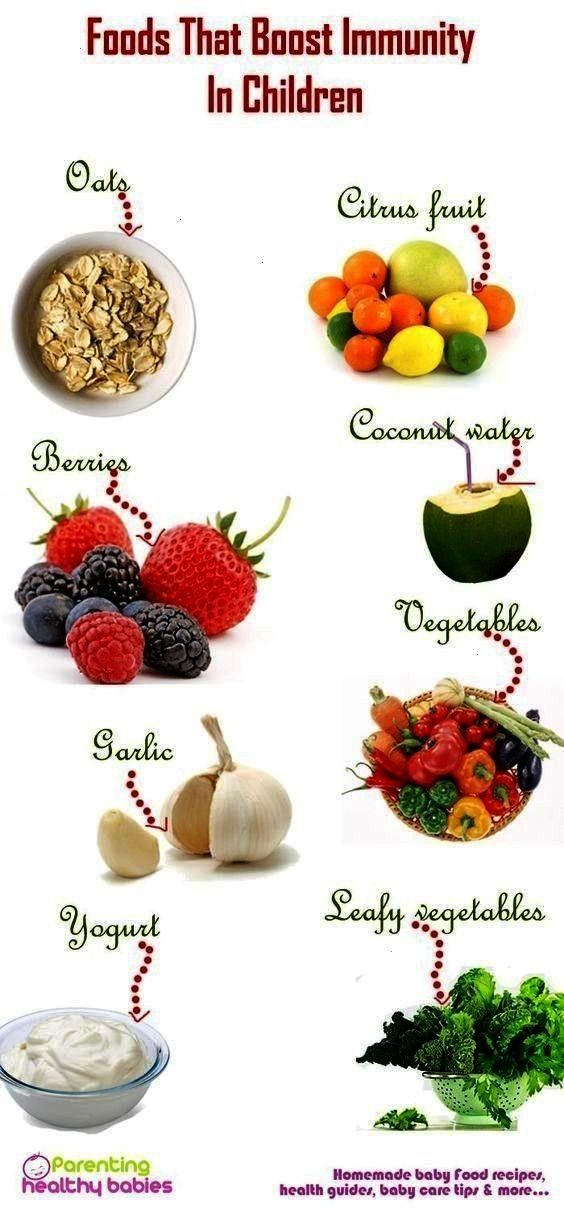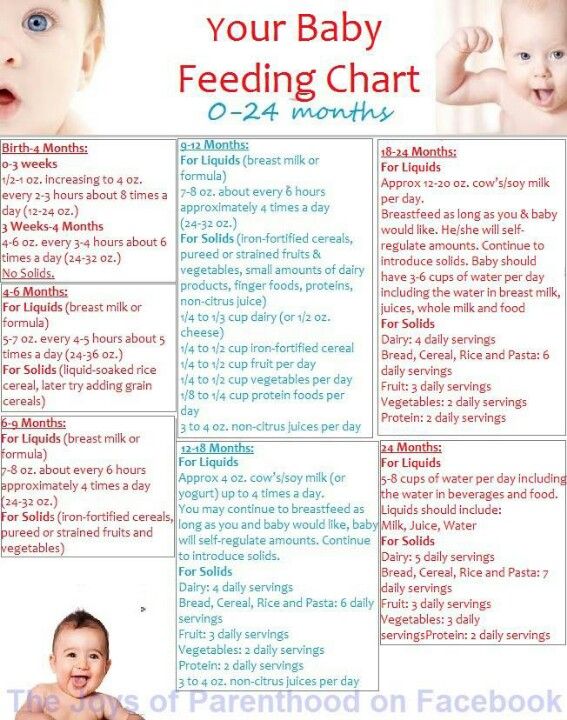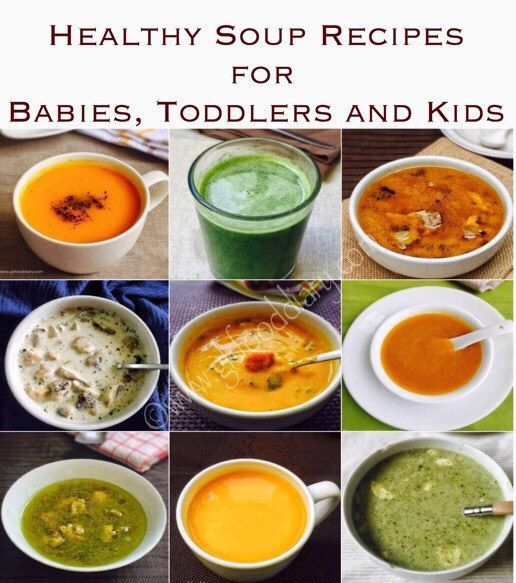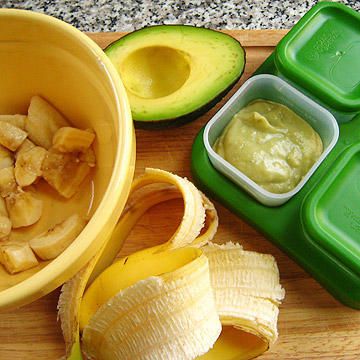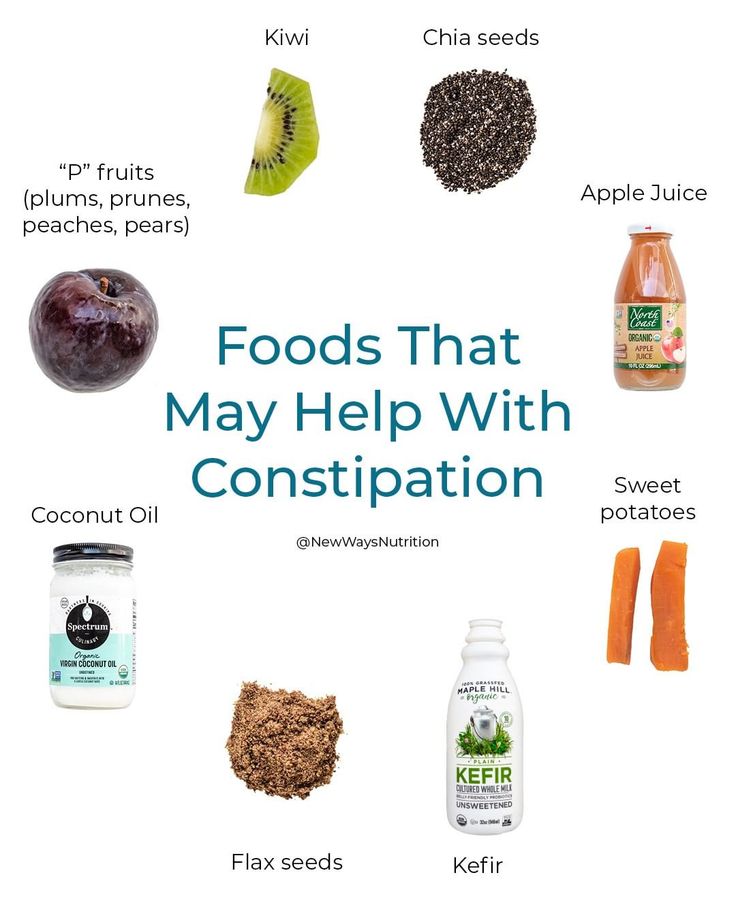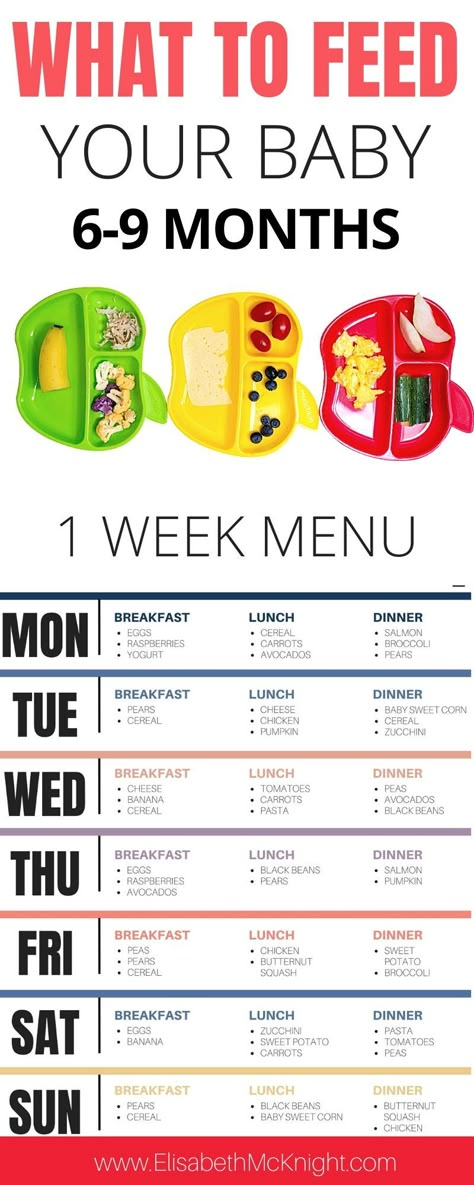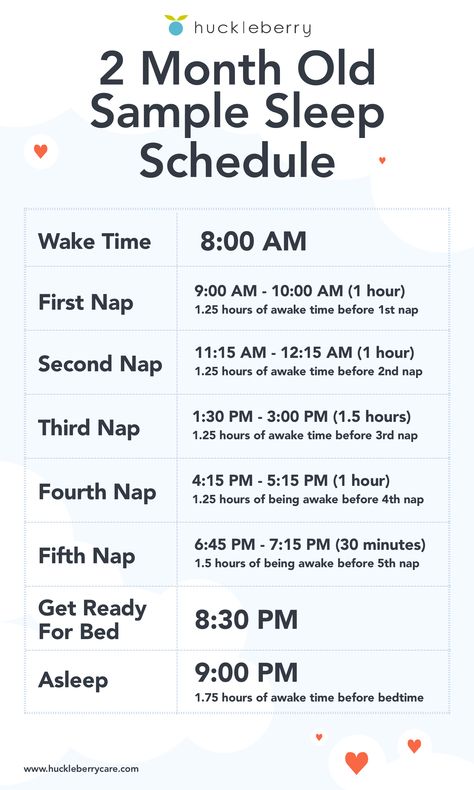Immunity building foods for babies
5 Immune-Boosting Baby Foods
Colds, flu, and stomach bugs are no fun for anyone, of course, but these chilly-season illnesses can be especially challenging (or even a bit scary) when they infiltrate your family’s tiniest tykes. Parents, siblings, and caregivers can help prevent spreading sickness to babies by getting a flu shot (babies can get the vaccine, too, after six months), frequently washing their hands, covering coughs and sneezes with a tissue, and distancing themselves from little ones if they do get sick.
If your baby is eating solid foods, you can also support her good health by dishing up tasty foods that boost her immunity.* Add these five ingredients into your family’s meal rotation and help everyone keep those bad bugs at bay!
1. Whole-Fat Plain Yogurt
Plain yogurt is a great way to get probiotics, the good bacteria that help your baby fend off harmful bacteria in the digestive system, promote overall immunity, and ease side effects if she ends up needing antibiotics. (Look for products labeled with a “Live & Active Cultures” seal from the National Yogurt Association.) Yogurt is also a good source of the immunity-boosting crusader vitamin D and protein, which helps grow, maintain, and repair every single cell in the body, including infection-fighting white blood cells.
You can serve yogurt by itself (but don’t use sweetened varieties) or stir it into fruit or veggie purées as a healthy way to balance the tartness.
Everyone Belongs In Our Circle
At KinderCare, we’re committed to building warm, welcoming and supportive classrooms for children of all abilities, backgrounds and experiences.
Find a center near you
2. Sweet Potatoes
These in-season yellow-orange tubers are packed with beta carotene—our bodies convert this nutrient into vitamin A, which is essential for healthy immune system function. Carrots, squash, pumpkins, mangoes, and dark, leafy greens are other good sources of beta-carotene.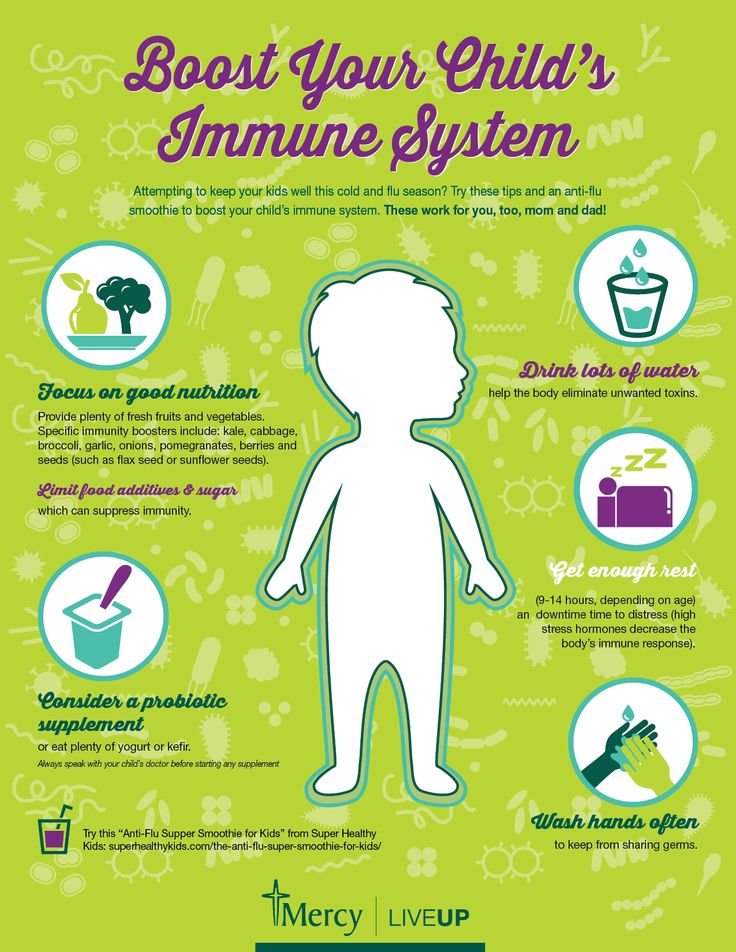
Find out how to prepare your sweet potatoes with our easy guide.
3. Avocado
This deliciously creamy fruit is a good source of both vitamin E (a potent antioxidant) and vitamin B6, which helps build the cells of the immune system and increase immune response. The omega-3 fatty acids in avocados also help the body better absorb immune-boosting nutrients, so including it in baby’s dinner will make the most of all the healthful ingredients that go in his mouth.
Purée or mash avocado well before serving. If baby is around 10 months old, you could also try the Spunky Coconut’s simple DIY avocado-pear ice pops—they might even help with teething!
4. Brown Rice
These nutritious little grains are packed with the essential minerals magnesium (a macromineral—you need a lot of it) and selenium (a micromineral—you need it, but not a ton), which both enhance immunity and bolster resistance to viral infections.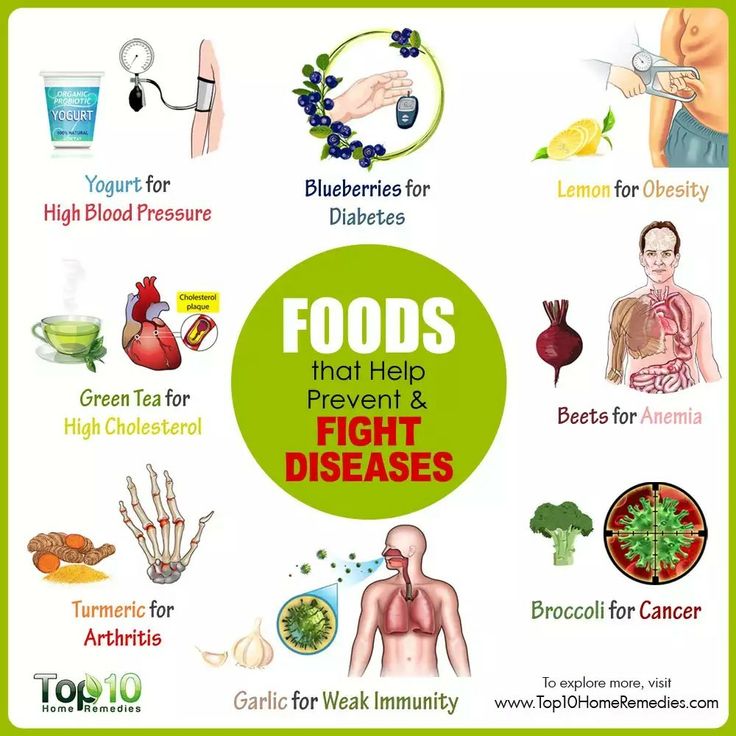
Purée cooked brown rice with meats, veggies, or fruits—brown rice blended with roasted bananas, a dash of cinnamon, and a little water is so good we would eat it! It’s also delish mashed up with stewed dried fruits.
A Lifetime Of Confidence Starts Here
Our teachers help every child build the confidence they need to try new things and explore the world around them.
Search for a center near you
5. Blueberries
Whether fresh or frozen (winter is coming), blueberries are a super source of multiple antioxidants (especially the flavonoid compound, anthocyanins), which can help fight off all sorts of illnesses. Blueberries are also a good source of vitamin C—and while research has found that vitamin C actually does little to prevent colds, it may help ease symptoms if your child is already sick.
Whole blueberries are a choking hazard, but you can blend these sweet-tart beauties up alone (if sweet enough) or mix them with apples, bananas, pears, yogurt, oatmeal, or beef for a heartier baby-friendly meal.
* Check with your doctor before serving any new foods to your baby: Most little ones take their first bites around six months, but regardless of age, he should be able to sit in a high chair and have good head control. The standard advice is to start with single-ingredient purées—wait three days before introducing another food to confirm your baby isn’t experiencing an allergic reaction such as rash, diarrhea, or vomiting. Never add salt or sweeteners.
Cooking And Nutrition Caring For Kids KinderCare Cooks Eating New Baby Infant Baby Food Nutrition Fall Winter Infant (0-1)
Top 10 Immune System Boosting Foods For Babies and Kids (with ideas and recipes)
last updated: by Kalyani
Immunity-Boosting Foods For Babies And Kids - We are already dealing with the coronavirus pandemic and we have been worried sick about getting infected and are kids getting infected as well. With the onset of monsoon season, more infections are going around like dengue or malaria or a common cold, which means that the chances of kids getting one of the viral infections is high.
With the onset of monsoon season, more infections are going around like dengue or malaria or a common cold, which means that the chances of kids getting one of the viral infections is high.
We should take the right precautions for COVID-19, but you cannot be safe from common cold or malaria/dengue as they don’t care if you are inside your home. They can attack you anytime, and thus, keeping your kids safe this is essential, now more than ever.
Therefore, trying to increase the immunity of your child is imperative right now. It doesn’t guarantee that your kid won’t get sick, but it can ensure that the body is powerful enough to fight those infections.
Here are several food items that can help you increase your kid’s immunity. Let’s check them out.
1. Almonds
This dry fruit is a superfruit as it contains manganese and vitamin E, they both are known for their immune-boosting power and for enhancing the activity of natural cell killers.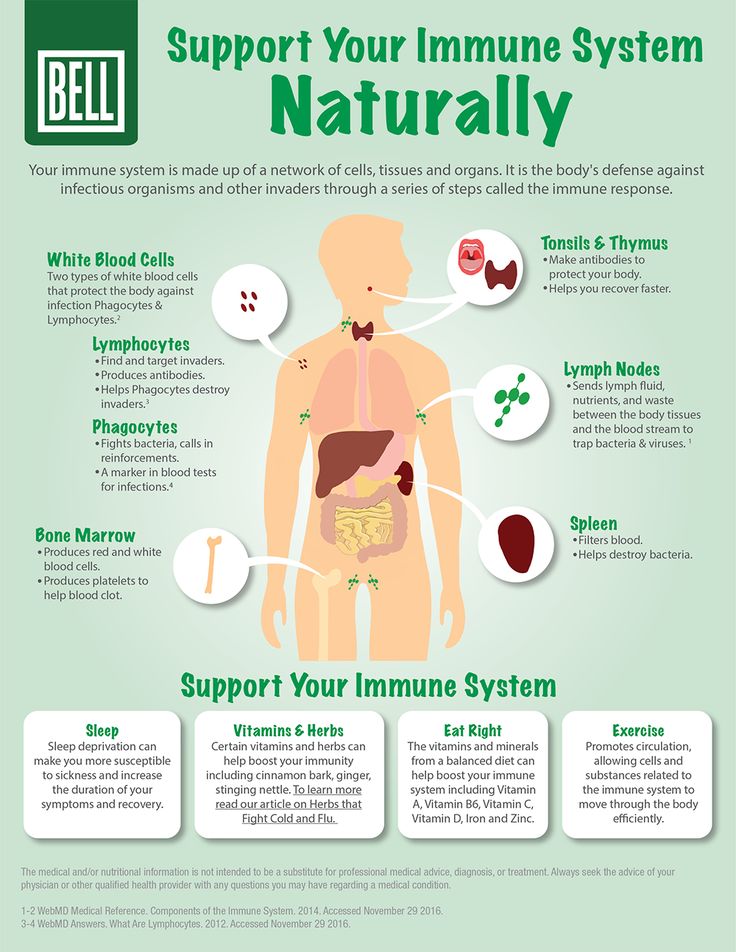 Here are the ways to make your child eat almonds
Here are the ways to make your child eat almonds
Recipes:
- Almond Milk (1 year+)
- Almond Powder (8 months+)
- Almond Halwa (1 year+)
- Almond Cookies (1 year+)
- Almond Muffins (1 year+)
- Almond Milkshake (1 year+)
This spice is known for its healing properties in India. It has an active agent known as curcumin which is rich in antioxidants. Turmeric helps with healing, inflammation, and is also an immune booster spice. It is best to use this spice daily in your recipes(at least a pinch).
Recipes:
- Turmeric milk (1 year+)
Yogurt/Curd is full of probiotics that help with our immune system. You can easily make yogurt/curd at home, Make sure the curd/yogurt has low or no sugar as sugar if buying in stores as it can decrease your immunity level. Do avoid giving curd to your child if the kid has a sore throat though.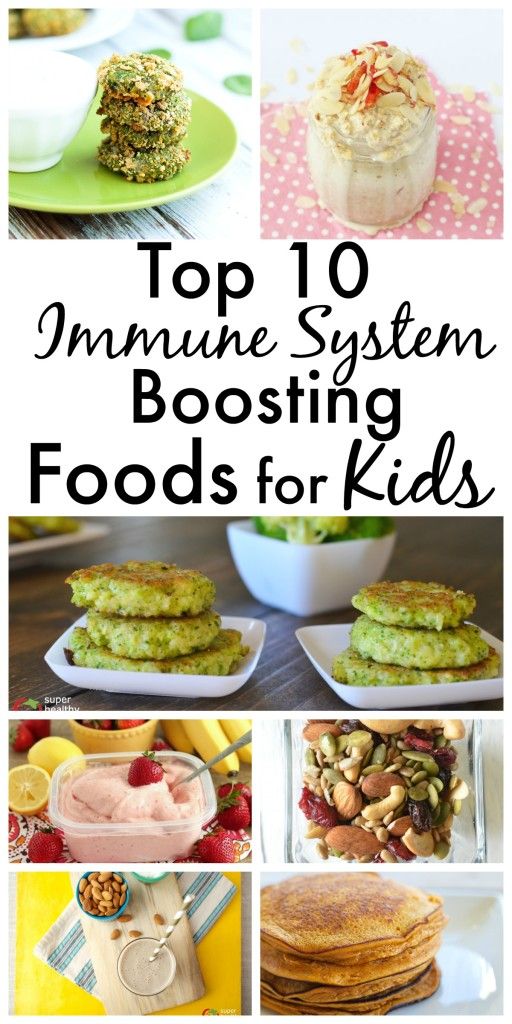
Recipes:
- Curd Rice (8 Months+)
- Curd Oats (8 Months+)
- Curd Khichdi (8 Months+)
- Curd Poha (8 Months+)
- Dahi Chura (8 Months+)
- Mango Lassi (8 Months+)
- Cucumber Lassi (8 Months+)
- Strawberry Lassi (8 Months+)
- Blueberry Smoothie (8 Months+)
The best food for immunity boosting is leafy vegetables. They are rich in nutrients like Vitamin A, C, K, calcium, magnesium, beta-carotene, and more. Also, they help fight infection and keep the body healthy.
Try to include foods like spinach, cabbage, cauliflower, kale, broccoli, and more into your kid’s diet.
Recipes:
- Broccoli Recipes for babies and kids
- Spinach Recipes babies and kids
They have flavonoids which help with building immunity. Different active agents in all three help with seasonal illness and also cancer.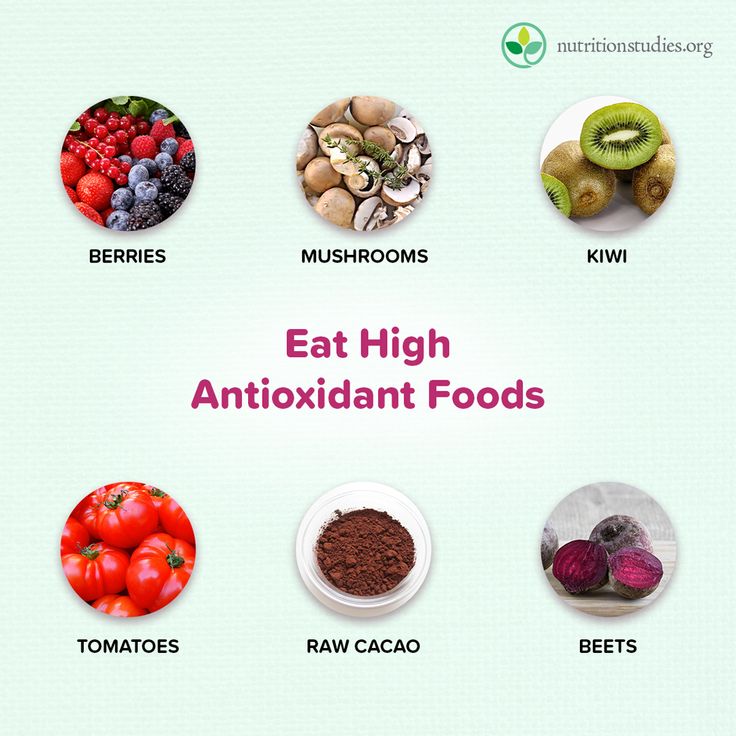 The best way to use them is to use them liberally while cooking up any dish.
The best way to use them is to use them liberally while cooking up any dish.
Recipes:
- Tomato Rasam (8 Months+)
- Pepper Rasam (10 Months+)
- Pepper kulambu (1 Year+)
- Dry ginger milk (1 Year+)
- Garlic Milk (1 Year+)
Eggs are low in calories and are the natural source of vitamin D. If your body has low vitamin D, it is more susceptible to illnesses. Also, it has other nutrients like selenium.
Recipes:
Top 22 Egg recipes for babies, toddlers, and kids
7. Fruits
All fruits are great for boosting immunity, and berries are a part of them too. Make sure your kids eat all seasonal fruits, and apple, and papaya especially.
Recipes:
- Fruit salad and fruit custard (1 Year+)
- Fruit Smoothies(1 Year+)
- Fruit Dessert (1 Year+)
- Fruit Jam(1 Year+)
- Fruit Purees (6 Months+)
- Fruit Milkshakes (1 Year+)
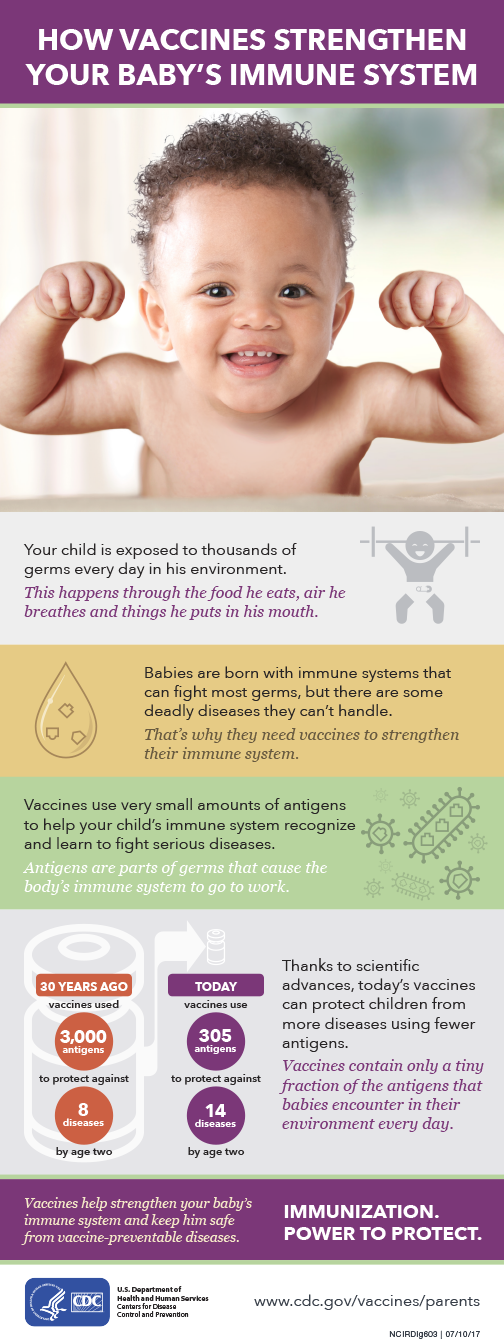 Sweet potato
Sweet potato
Sweet potato is enriched with beta-carotene and also has vitamin c. It helps the body increase the number of white blood cells in the body, which helps fight infections.
Recipes:
Sweet potato recipes for babies, toddlers, and kids
9.Oats
Oats are fulfilling and rich in fiber. The beta-glucans can help activate killer cells which keeps our body safe from viruses and bacteria and other infections.
Recipes:
Oats recipes for babies, toddlers, and kids
10.Fish and meat
They are rich in protein which helps muscle building. It also activates white blood cells which are critical for fighting infections.
Recipes:
Non-veg recipes for babies, toddlers, and kids
Boosting the immunity of your children and yourself is imperative for better safety and healthy life.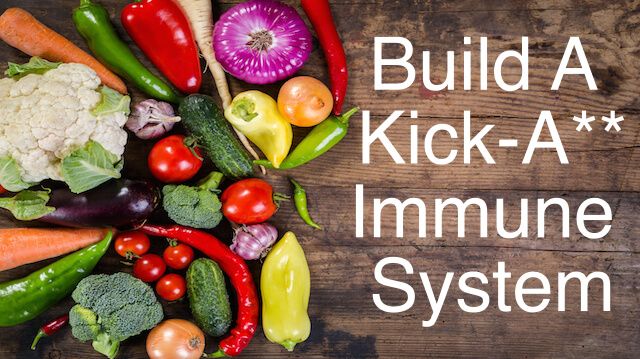 Make a planner in which you can add your daily recipes for your baby that includes all these immunity-boosting foods.
Make a planner in which you can add your daily recipes for your baby that includes all these immunity-boosting foods.
Author Bio:
Kavita is an Outreach Specialist cum Content writer. When not glued to her laptop, she can be found making travel plans that rarely happen 😉 Connect with Kavita on Twitter @dreamerkavita
How to raise the child's immunity. Folk remedies for immunity for children
Oh, this is a mysterious capacious word "immunity"! Pediatricians attribute numerous catarrhal childhood illnesses to his immaturity, saying that, they say, immunity will strengthen and the child will stop getting sick.
Do you really want to help the process of strengthening immunity and speed it up! What can you, a caring mother, do to protect the baby? It turns out that some products help strengthen the immune defense of the child. Well, it’s up to parents to ensure proper nutrition of the crumbs! Here are some of the most immune-boosting foods. nine0003
nine0003
Dairy and fermented milk products enriched with probiotics, live lactobacilli and bifidobacteria. To date, it has been proven that the intestine is the largest organ of the immune system. It is the composition of the intestinal microflora that affects the formation and proper functioning of the immune system. If a child regularly receives probiotics with dairy and sour-milk products from the first days of life, this will contribute to the formation of healthy intestinal microflora, which will protect him from infections and allergies. nine0003
Choose a milk for a baby over a year old
Fresh fruits and vegetables are rich in vitamins A, E and C, which are essential for the immune system. The leader among immunity assistants is vitamin C. There is a lot of it in young cabbage, citrus fruits and other fruits, in greens. Vitamin A is rich in carrots, sweet peppers, and tomatoes. Tomatoes also contain the substance lycopene, which belongs to antioxidants and protects our body from adverse environmental influences.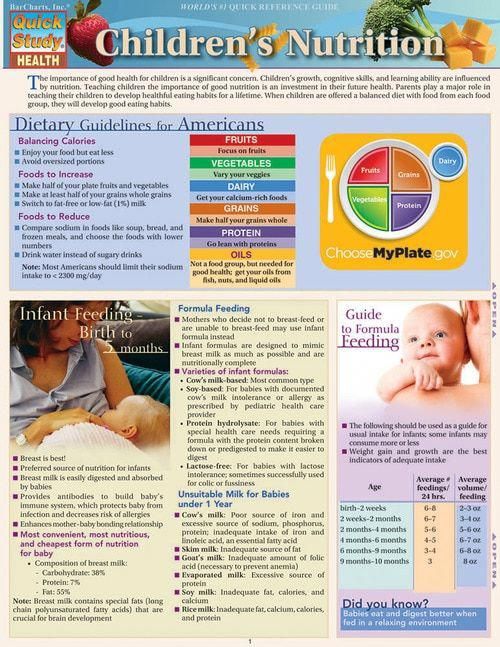 Vitamin E is involved in the production of specific antibodies that fight viruses. He settled in spinach and lettuce, as well as in beets. nine0003
Vitamin E is involved in the production of specific antibodies that fight viruses. He settled in spinach and lettuce, as well as in beets. nine0003
Berries are a storehouse of vitamins and trace elements and a faithful helper of the immune system. Rosehip is a berry favorite - it contains a large amount of vitamins A and C. Therefore, a rosehip decoction must be present in the child's diet. Sea buckthorn and blackcurrant are also rich in vitamin C. Do not ignore cranberries and blueberries, give these berries to your child regularly.
Nuts, seeds - rich in vitamin A, E. Pumpkin seeds also contain zinc. Studies have shown that zinc inhibits the reproduction of rhinoviruses, the causative agents of the common cold. In the case of taking zinc preparations, the frequency and duration of ARVI is reduced. Walnuts contain ellagic acid, which is a good antioxidant. nine0003
Fatty fish contains omega-3 fatty acids that protect against many diseases. Vegetable oil is also rich in polyunsaturated omega-3 fatty acids.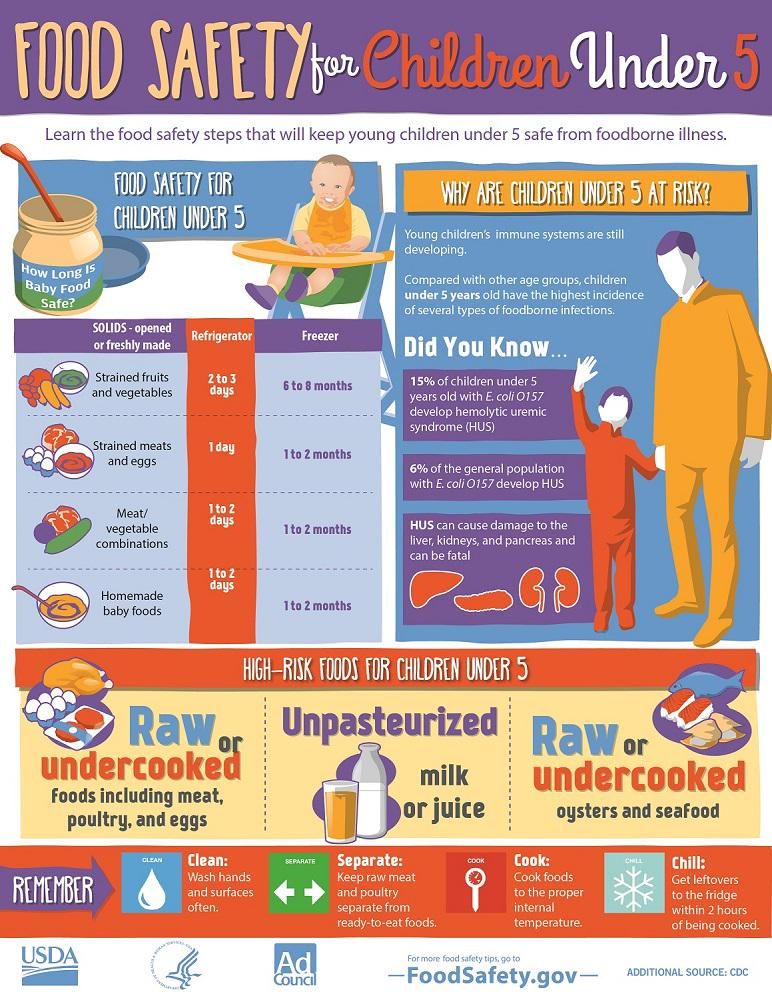 It is recommended to use in the diet not only the usual sunflower oil, but also olive, mustard, hemp, corn and so on.
It is recommended to use in the diet not only the usual sunflower oil, but also olive, mustard, hemp, corn and so on.
Meat is rich in protein, which is very important for the functioning of the immune system. But the meat should be lean, with a minimum fat content. It is in it that zinc is contained in large quantities, which protects a person from various infections. nine0003
Onions and garlic are natural antiseptics due to the content of antimicrobial substances - phytoncides.
Teas, both black and green to a greater extent, contain antioxidants that protect our body from the attack of harmful substances.
Seafood is rich in zinc, which is necessary for the production of white blood cells that fight pathogens.
Of course, it should be borne in mind that not all of the listed products are suitable for a child, especially a very small one. Of course, a baby who has only recently become acquainted with the taste of products other than mother's milk should not be given garlic or seeds.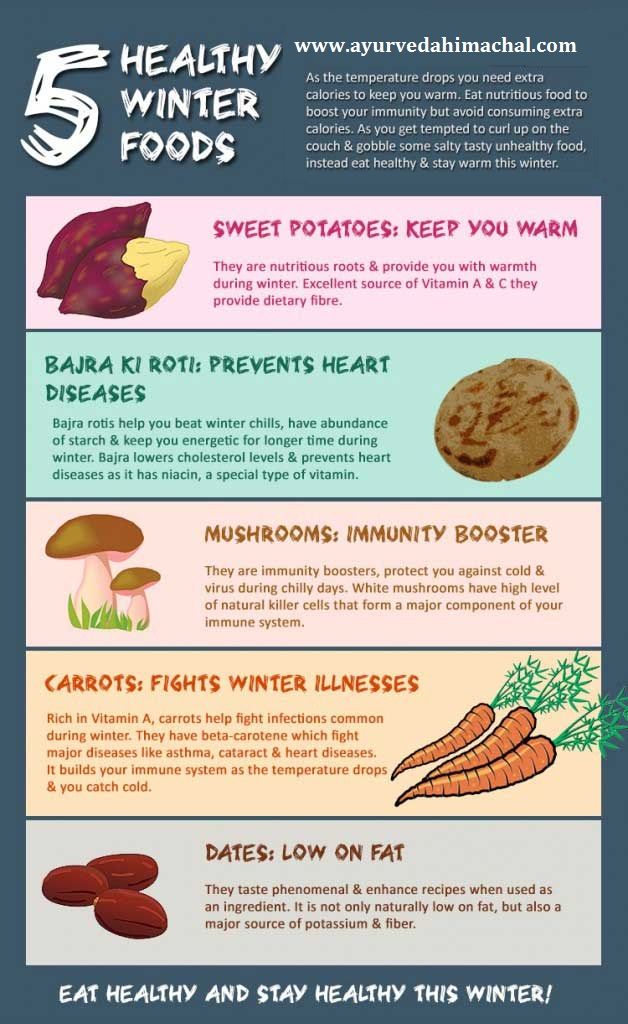 But in no case should you forget about such products as meat, vegetable oil, fruits and berries, kefir and vegetable oil. Give them regularly, in sufficient quantity and assortment, thereby laying the foundations for good health and reliable functioning of the child's immunity. nine0003
But in no case should you forget about such products as meat, vegetable oil, fruits and berries, kefir and vegetable oil. Give them regularly, in sufficient quantity and assortment, thereby laying the foundations for good health and reliable functioning of the child's immunity. nine0003
Immunity enhancing foods. Expert answer. - City Clinical Hospital 7 Kazan
Spring is the time to strengthen the immune system. Can certain foods lower, and vice versa, strengthen the immune system and prevent viruses? They can! Dilyara Gabdrashitovna Iskhakova, a gastroenterologist, head of the gastroenterology department of the City Clinical Hospital No. 7 of Kazan, answers:
Food should be as varied as possible so that it contains all the necessary substances, vitamins and minerals. Usually these are vegetables of different colors, greens, fruits in moderation (a lot of fruits are a lot of simple carbohydrates, sugars), berries (including frozen ones), meat, fish, nuts, legumes, cereals.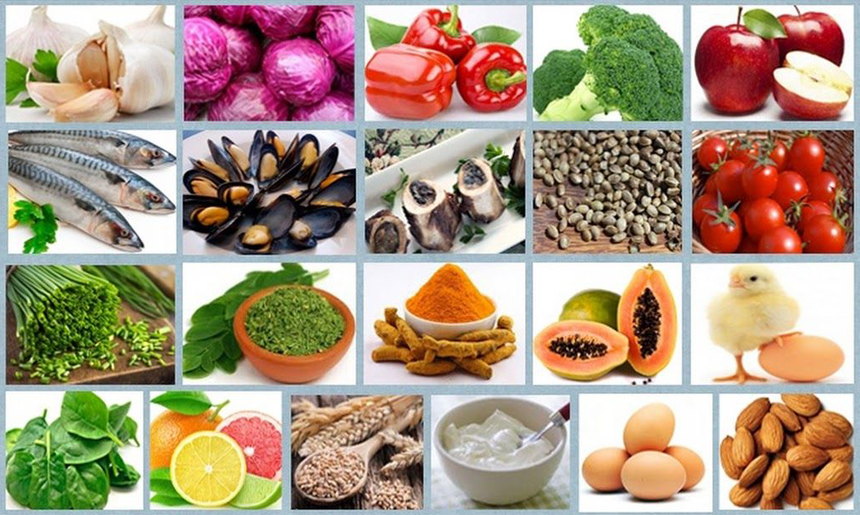 nine0003
nine0003
Any severely restrictive diet is not desirable during a virus outbreak. Prolonged total avoidance of animal products, for example, can lead to deficiencies in protein, iron, and vitamin B12.
Restriction of protein in the diet is dangerous, can impair the immune response, since many of the mechanisms of the immune response are provided by protein molecules.
B vitamins, vitamin C, A, E, D and minerals such as zinc, selenium, iron and copper, healthy fats - omega-3 fatty acids are the most important components of immunity. Storage and prolonged heating destroys vitamins in foods, so it is advisable to use fresh foods, and with little heat treatment. nine0003
Vitamin and mineral champions:
Vitamin A - carrots, egg yolk, green vegetables, butter, caviar
Vitamin D - fish oil, mackerel, salmon, tuna, herring, egg yolk
Vitamin E - nuts , nut and seed oils, olives, salmon, dried apricots
Vitamin C - rose hips, sweet peppers, fresh green vegetables and herbs, berries, citrus fruits
Zinc - liver, red meat, nuts, legumes, cheese, buckwheat
Selenium – liver, eggs, corn, legumes, nuts, green vegetables
Iron - red meat, liver, nuts
Copper - liver, nuts, legumes, rice, buckwheat, oats
Omega 3 - fatty fish, cod liver, flaxseed, olives, avocados, nuts they tolerate dairy products well, it is useful to use a variety of fermented milk products (kefir, yogurt, katyk, acidophilus, yogurt).
Probiotics found in fermented milk products improve the intestinal microflora and improve the intestinal wall barrier. Beneficial intestinal bacteria synthesize vitamins necessary for the body and help to absorb vitamins from food. nine0003
- What foods can help the body protect itself from viruses?
- Garlic, spices and spices, eg turmeric, ginger, cinnamon, pepper.
- Is it true that lipids, that is, fats, are of great importance for immunity? What products contain them? How many of these products per day do you recommend to use, so that it does not affect the figure?
- Indeed, fats are of great importance for the body, and their long-term strict restriction can adversely affect the body. Fat-soluble vitamins cannot be absorbed from food without fat. nine0003
Fats are the building material of the cell wall, they are a source of energy for the body, and fats are also involved in the synthesis of bile acids and sex hormones.